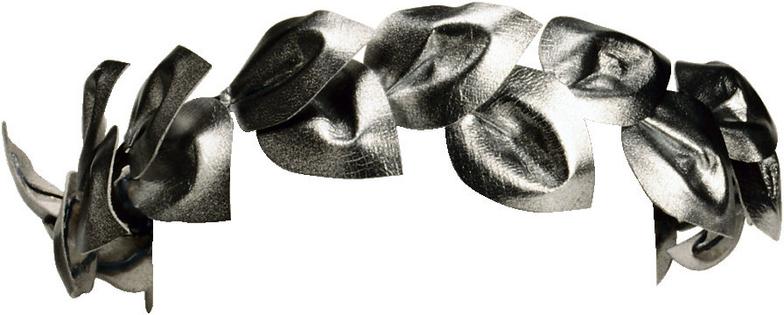Search EnFlourish:
Resources for Language Arts Classrooms
.
.
.
.
.
.
.
.
.
.
.
.
.
.
.
.
.
.
.
.
.
.
.
.
.
.
.
.
.
.
.
.
.
.
.
.
.
.
.
.
.
.
.
.
.
.
.
.
A few Roman citizens have gathered on the street to celebrate something. Two elected Roman officials (tribunes), Marullus and Flavius, enter the scene. They are upset at the fact that these workmen are out celebrating instead of spending time at their job-places.
Marullus approaches a shoe-repairman, a cobbler. Marullus asks the cobbler what his profession is. The cobbler is a witty fellow. The cobbler responds to Marullus with a humorous pun (a play on words). He calls himself a “mender of bad soles” and he tells Marullus that he can mend him. The cobbler uses the word “soles” in an aim to purposefully confuse it with the word “souls.”
Marullus presses the cobbler further to figure out what his profession is. He confesses that his job involves cobbling, and Flavius deduces that he is a cobbler. The cobbler, then, confesses to being a “surgeon to old shoes.”
Flavius then proceeds to figure out why the cobbler isn’t at his shop today. The cobbler first jokes around and says that he isn’t working because he wants to contribute to other people wearing out their shoes. Then, he admits that he is out celebrating Caesar’s recent triumph.
Although it isn’t mentioned, Caesar has just returned to Rome after defeating Pompey’s sons in Rome. Before Pompey’s death, Pompey was Cesar’s greatest advisory. Caesar defeated Pompey’s sons in an aim to prevent any future problems they may cause.
Marullus and Flavius don’t seem to be too fond of Caesar nor his triumphs. Marullus describes how ungrateful the people of Rome are. According to Marullus, Pompey once brought Rome great wealth and triumph. Not too long ago the public was celebrating these victories of Pompey, but now they have easily forgotten his Roman conquests.
Flavius recommends that the public leave the streets and cease their celebration. He suggests that they go shed tears for their ingratitude, and so the public quietly departs.
Next, Flavius recommends that he and Marullus remove all of the decorations that the people have adorned the streets with. The public has hung decorations on statues of Caesar and Flavius wants to take all the decorations down. Marullus is hesitant since it is a Roman holiday, the Feast of Lupercal. Flavius, however, insists that all decorations should be taken down.
Flavius also suggests that they convince anybody else who is celebrating to be on their way. He wants to pluck the feathers off of Caesar in this small manner, so that Caesar does not fly above anybody else. In other words, he wants to try to convince as many people as he can that Caesar is nobody special. He fears that if Caesar grows too strong then they will all become his servants.
JULIUS CAESAR -- ACT I, 1
Connect with EnFlourish
Note: To purchase our products, you must have a teacherspayteachers account. These accounts are free to create and use at www.teacherspayteachers.com.
©2016, Enflourish Publishing, All Rights Reserved.
BROWSE CONTENTS
by William Shakespeare

